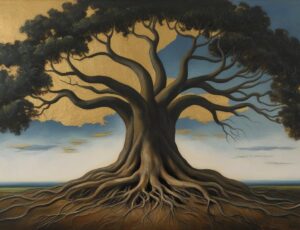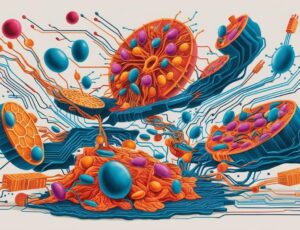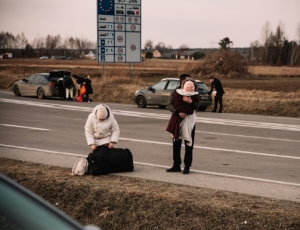About the topic
Between 1600 and 1800, through the Dutch East India Company (VOC), the Dutch Republic was a major player in Asia. It has long been thought that the Dutch presence in the Atlantic was of minor significance. The Dutch West India Company (WIC) was an economic failure and the two earliest Dutch Atlantic colonies in Brazil (1630-1654) and in and around Manhattan (1609-1667) were short-lived. Yet recent research has produced significant revisions. Surely, the Dutch Atlantic ’empire’ pales in contrast to the Iberian, British and French Atlantic empires, but once we study the Dutch presence in the Atlantic beyond the scattered Dutch colonies, the picture changes. As brokers between empires, Europeans in the Dutch orbit functioned as indispensable middlemen in the making of the Atlantic.
The NIAS theme group is a sequel to the research programme ‘Dutch Atlantic Connections, 1680-1800’ (DAC), financed by the Netherlands Organisation for Scientific Research (NWO). The purpose of this project was to reinterpret the early modern Dutch Atlantic and hence to re-interpret the dynamics of the Atlantic world at large. The programme advanced the concept of ‘nodal point’ as the central heuristic device, specifically applied to a selection of port cities in the Dutch Atlantic.
In the NIAS Theme Group, four prominent U.S.-based historians with a diverse expertise in Atlantic Studies will join the three senior researchers of the NWO programme DAC. Our joint purpose is to critically engage with the revisionism of DAC and to expand its regional, temporal and thematic framework.
Gert Oostindie, Theme Group Coordinator










